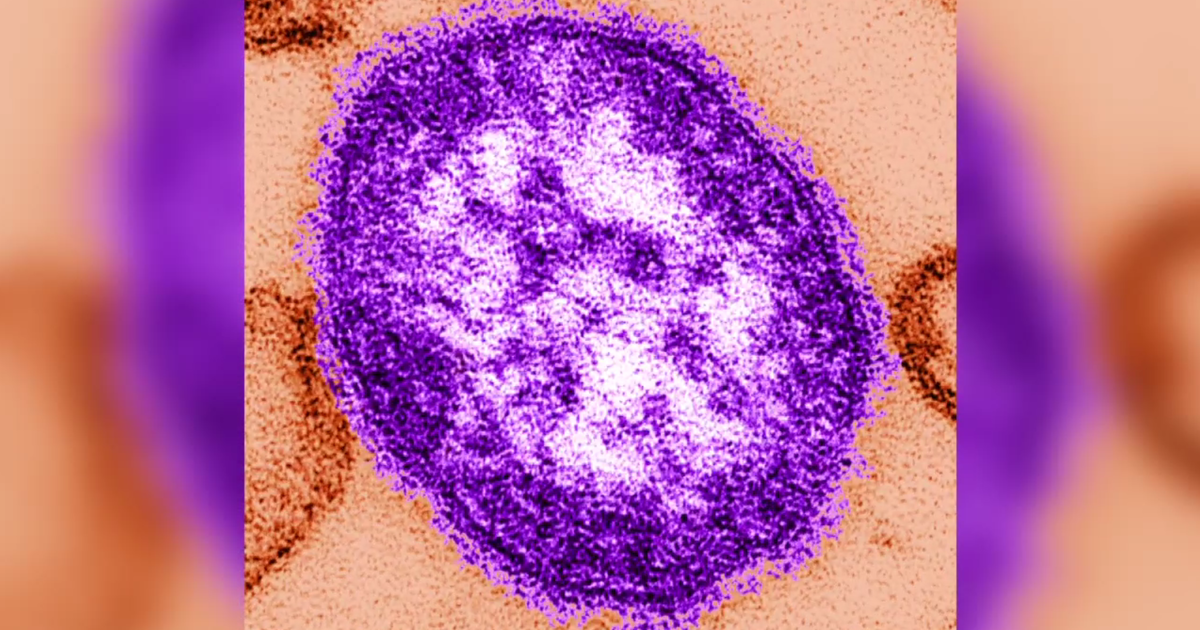'Limited Resource': Many Factors Go Into Determining Who Gets Doses Of Remdesivir Drug Distributed To Pa. Hospitals
PITTSBURGH (KDKA) -- When there isn't enough medicine to go around, who gets it?
"It's not easy to have to tell your patients or your patient's family that you might not have enough drug for them," Erin McCreary, an infectious diseases clinical pharmacist at UPMC Presbyterian Hospital, said.
The state Department of Health initially sent 1,200 doses of Remdesivir, an antiviral drug, to 51 hospitals across Pennsylvania. Today, it sent 1,548 doses to 21 hospitals, with 6,390 doses expected to be distributed to 58 hospitals on Monday. The state Department of Health says it received the doses from the federal government.
The only one in our area to get it was UPMC Presbyterian.
"The amount of drug we initially got allocated was enough drug for three patients, for each patient to have a five day treatment course," said McCreary. "There was a study of 10 days as well, but based on our allocation, we will be giving five day treatment courses for right now."
"Figuring out a five-day course of it is equal to a 10 day course of it, potentially, extends a limited resource," Dr. John T. Sullivan, chief medical officer at St. Clair Hospital, said.
Which three patients will get the IV medication? A committee of ethicists, patient representatives, health system leaders and supply chain teams will identify patients similar to the ones in Remdesivir studies, and place them in the lottery.
"Patients should receive the drug within 12 days of symptom onset. Based on the mechanism of action of the drug, it seems to work better if patients get it earlier in the disease," said McCreary.
As for which hospitals in Pittsburgh would get the drug, the state health department put together a formula taking into account the number of in-patients and the number of patients on ventilators.
The hospitals that didn't get it are okay with that.
"It's going to where the active cases are, so that was not surprising at all to us at St. Clair," says Dr. Sullivan.
"Are you fortunate that you don't have enough patients that you might need this, right?" says Dr. Nikita Bhanot, of AHN Infectious Diseases.
Other options for getting Remdesivir include clinical studies, and compassionate use for children and pregnant women.
The drug has emergency use authorization from the FDA, but it is not FDA approved yet for COVID-19.
The standard treatment is supportive – meaning that doctors keep vital systems operating with the equipment, medicines and procedures they have.
Besides Remdesivir, patients can get other study drugs, or, if available, convalescent plasma, and drugs to treat overwhelming inflammation.
No one knows when more Remdesivir will be coming.
"In order to allocate resources fairly, something that is very important to understand is your patient burden, and to know when resources are coming in," says McCreary.
"You anticipate more production will happen and drugs will be available to other centers, too," Dr. Bhanot added.
"It takes six months to manufacture, mostly due to acquiring raw materials," Dr. Sullivan says.
An issue affecting the whole country.
For resources that don't go to everyone, would hospitals share?
"If there was a spirit of sharing, we'd reach out and help each other," Dr. Sullivan said.
Dr. Sullivan says there's been no better environment for collaboration in healthcare than this pandemic crisis.



